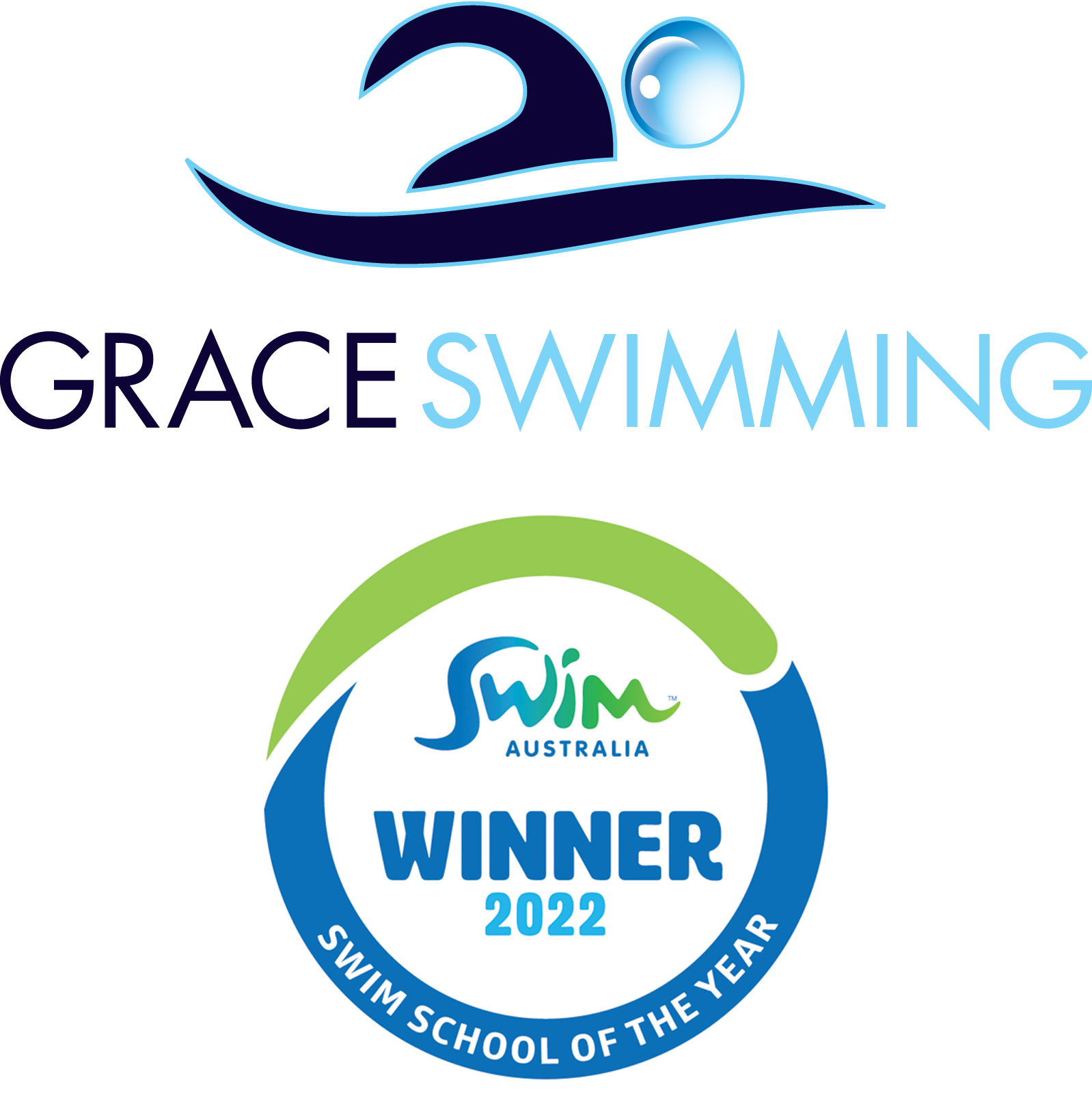How to stay safe around water at home
We are very fortunate that in Australia, we have so much access to water, and a great water-focused swimming culture. Most families have their children enrolled in swimming lessons so that they will learn to be safe around the water. Swimming lessons are an absolute MUST, and a great way to gain swimming skills, and begin to learn boundaries around the water.
However, nothing is drown-proof, and it is important to continue to make water safety a priority outside of swimming lessons. Here are our tips on how to stay safe around water:
Apply the same rules as swimming lessons. This especially applies for our young swimmers who are still learning boundaries and have trouble assessing risks and their own abilities. A good swim school will ensure that young children are not to enter the water without a verbal cue. Ours is “Name, Ready, Go!” Use this when you are swimming with your children outside of swimming lessons to help enforce boundaries and remind them that no matter where they are, they are not allowed to jump into the water until an adult says those words.
Supervision is key! Your kids are great swimmers, right? They know how to swim from point A to point B, so you get a bit relaxed on the ‘active’ part of actively supervising. This is how a lot of swimmers get into trouble. It’s really important to keep a close eye on swimmers in any aquatic environment - drowning is quick, it’s quiet, and it can happen to children with good swimming skills. All it takes is an accident.
Assess new aquatic environments with your children, to help them develop their own risk-assessing abilities. A good swimming and water safety program will talk about and practice things like:
Not jumping in to save another swimmer who is in trouble
Not to dive or jump into shallow water, or water with changing depths like creeks, beaches and rivers
Not to swim in murky water
Never to swim without an adult
But you can help in getting this advice to sink in by enforcing it when you are out and about.
Don’t overuse goggles! For skill work, goggles can be a great tool. For safety in the water, it is important not to overuse them. Children who become dependent on goggles can panic if they don’t have their goggles. If your child falls into a body of water, they probably won’t be wearing them, and we want them to be just as competent at swimming to a safe spot and staying calm. We ensure we do swimming without them in our swimming lessons, but you can use them sparingly at home too.
Be sure to ask your Instructor if you have any questions, and happy swimming! 🏊🏽💙🌊

